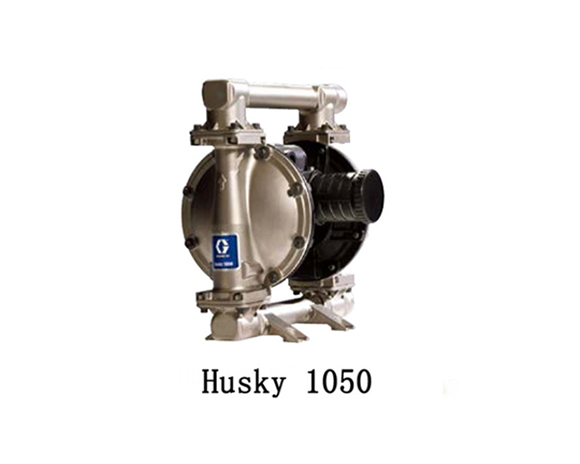In the food industry, pneumatic pumps produced by pneumatic pump manufacturers are used to transport various food ingredients, syrups, juices, and other substances. As they do not produce any external pollution or impurities, they ensure the quality and safety of food. In the pharmaceutical industry, pneumatic pumps are widely used to transport various liquid pharmaceuticals, raw materials, etc., achieving automation and high efficiency in the production process. In the environmental protection industry, pneumatic pumps are applied in wastewater treatment, waste disposal and other processes, playing a key role.
Pneumatic pumps are widely used in industrial production, such as in the chemical industry for transporting corrosive liquids, in the petroleum industry for transporting crude oil, and in the food industry for transporting food slurries. Pneumatic pumps have the characteristics of spark free, explosion-proof, and corrosion-resistant, and are suitable for working in harsh environments.
Interpretation of Performance Parameters of Pneumatic Pumps by Pneumatic Pump Manufacturers
Flow rate: The flow rate of a pneumatic pump refers to the volume or weight of the working material that can be transported by the gas source through the pump body per unit time, usually expressed in cubic meters per minute (m ³/min) or tons per hour (t/h). Flow rate is an important parameter that represents the conveying capacity of a pneumatic pump. Generally, a larger flow rate indicates a higher working efficiency of the pneumatic pump.
Pressure: The pressure of a pneumatic pump refers to the pressure generated by the gas source on the working material, usually expressed in pascals (Pa) or bars. Pressure is a key parameter that determines the delivery distance and height of pneumatic pumps, and usually a higher pressure indicates better delivery capacity of the pneumatic pump.
Suction stroke: The suction stroke of a pneumatic pump refers to the maximum distance that the gas source can suck in the working material, usually expressed in meters (m). Suction stroke is an important parameter that determines the scope of application of pneumatic pumps. Generally, the larger the suction stroke, the wider the scope of application of pneumatic pumps.
Transport efficiency: The transport efficiency of a pneumatic pump refers to the ratio of the ability of the gas source to transport working materials per unit time to the energy consumed, usually expressed as a percentage (%). Transport efficiency is an important indicator for evaluating the energy-saving performance of pneumatic pumps, and generally, higher transport efficiency indicates better energy-saving performance of pneumatic pumps.
Noise: The noise of a pneumatic pump refers to the sound level generated during operation, usually expressed in decibels (dB). Noise is an important indicator that affects the comfort of using a pneumatic pump, and usually the lower the noise, the quieter and more comfortable the use of the pneumatic pump.
One of the advantages of pneumatic pumps is that their working principle is simple and clear, without the need for additional power or fuel. They can transport liquids or gases by compressing air or gas, greatly reducing operating costs. In addition, the volume of pneumatic pumps is relatively small, making them suitable for installation in narrow spaces or situations that require movement, and easy to maintain and replace. In addition, due to the absence of easily worn components such as electric motors, pneumatic pumps have a longer lifespan, stable and reliable operation, reducing the frequency and cost of equipment maintenance.
There are many types of pneumatic pumps, which can be divided into diaphragm pneumatic pumps, piston pneumatic pumps, screw pneumatic pumps, etc. according to their working principles. Diaphragm pneumatic pumps are suitable for conveying corrosive liquids and high viscosity liquids, piston pneumatic pumps are suitable for high-pressure conveying, and screw pneumatic pumps are suitable for conveying high viscosity liquids.
